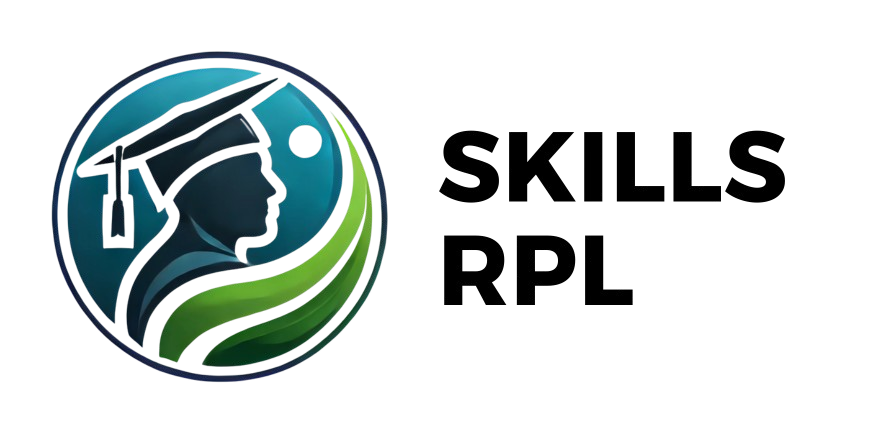The Recognition of Prior Learning (RPL) process for professionals in Arts and Culture is an excellent way to convert practical, real-world experience into a formal qualification. This pathway is ideal for those with significant hands-on experience in various artistic disciplines or cultural practices who may not hold formal qualifications. Through RPL, you can validate your expertise, boost your career prospects, and gain formal recognition for your contributions to the arts and cultural sectors.
The RPL process involves a thorough evaluation of your experience, which may include submitting portfolios, evidence of completed projects, or professional references. This evidence is assessed by a Registered Training Organization (RTO) to ensure it meets the required standards for the qualification. If gaps in competencies are identified, additional training may be recommended to ensure you meet all necessary requirements. Upon successful completion of the process, you will receive a qualification that formally acknowledges your skills and opens up new professional opportunities within the arts and culture industries.

